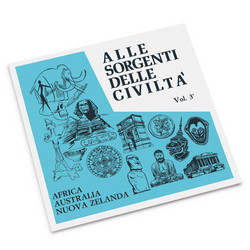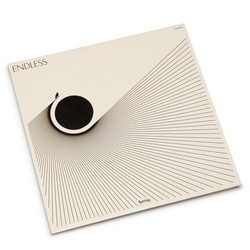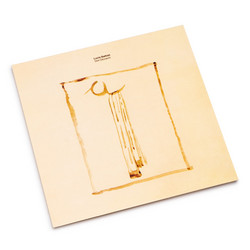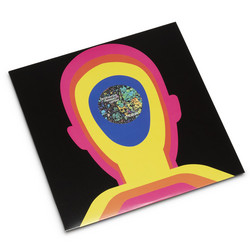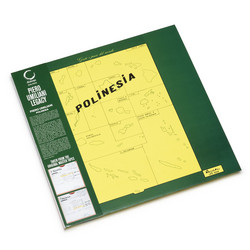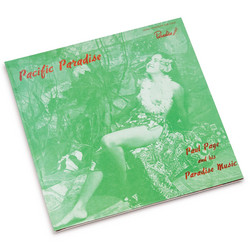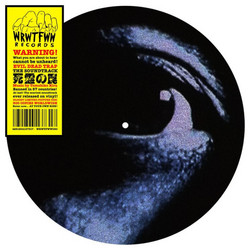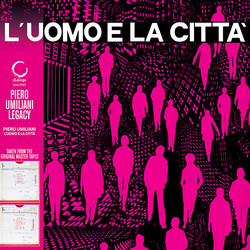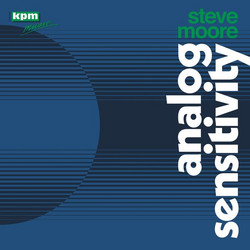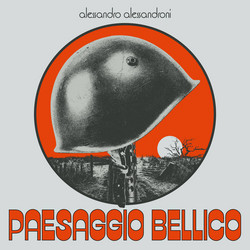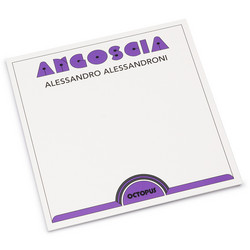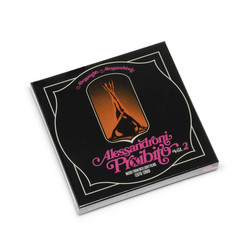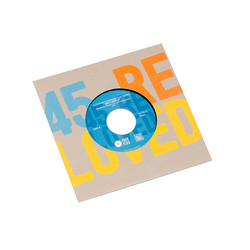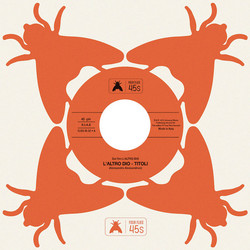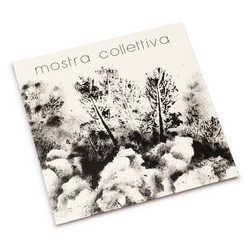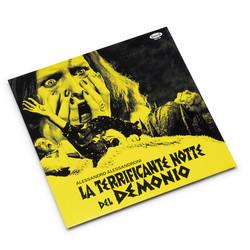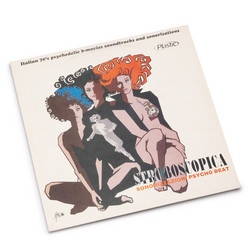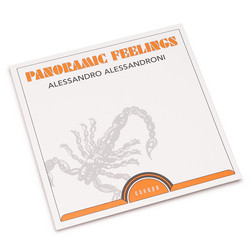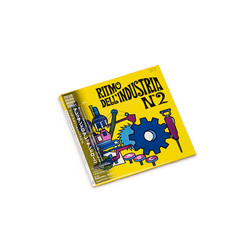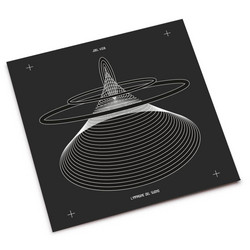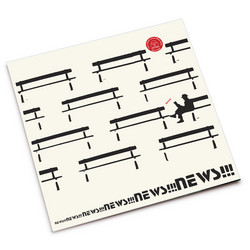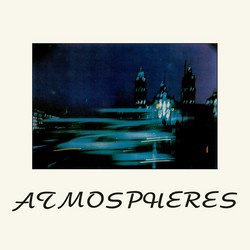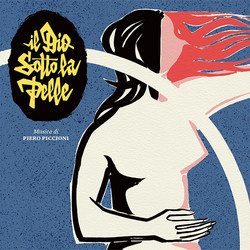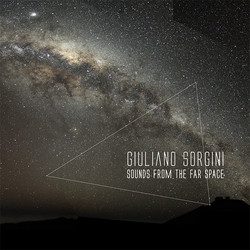Alessandro Alessandroni, David Hoyt Kimball
Paese Sotto Inchiesta (LP)
Edition of 400. In the twilight of the 1960s, as Italian cinema reached new creative heights, a parallel universe of musical experimentation was quietly flourishing in the studios of Rome and Milan. The production of soundtracks for both major and minor Italian films had given birth to another business venture - one that proved less profitable but infinitely more creative and liberated from client constraints: the composition of music libraries. Now, Musica Per Immagini presents the first reissue of one of this movement's most fascinating documents: Braen & Peymont's Paese Sotto Inchiesta, originally released by Flirt Records in 1971. The mysterious pseudonyms conceal two significant figures in Italian experimental music. Braen was the adopted moniker of Alessandro Alessandroni, the legendary arranger, multi-instrumentalist, singer, and composer whose whistling graced countless spaghetti westerns and whose contributions to Italian cinema music remain immeasurable. Peymont represents the enigmatic American composer David Hoyt Kimball, a resident of Italy whose work bridged transatlantic experimental traditions. Paese Sotto Inchiesta (Country Under Investigation) emerged from the socio-cultural ferment of post-1968 Italy, its seventeen tracks serving as sonic documentaries of a nation in transition. The album's titles reflect the era's complex tensions: the perceived economic backwardness of southern regions compared to the industrialized north, the collective unrest sparked by global revolutionary movements, and emerging ecological concerns that would define the coming decades.
What distinguishes this album from conventional library music is its uncompromising experimental approach. These are predominantly "dirty" compositions characterized by atonal settings, extended repetitions in noisy keys, and fundamental reverbs and echoes applied to various keyboard instruments. The result creates abstract soundscapes punctuated by scattered guitar notes, echoes of Gruppo Di Improvvisazione Nuova Consonanza, haunting flute melodies, and proto-ambient intuitions that prefigure developments in electronic music by nearly a decade. The album functions as both practical soundtrack material and standalone experimental composition - music designed for "journalistic-like images" that could underscore documentaries about Italy's social transformation while maintaining its own artistic integrity. This dual purpose reflects the sophistication of Italian library music at its peak, when composers created works that served commercial needs without compromising their experimental vision.
Alessandroni and Kimball's collaboration represents a fascinating cross-cultural exchange within Italy's experimental music scene. Alessandroni's deep understanding of Italian musical traditions merged with Kimball's American experimental sensibilities to create something entirely unique - music that sounds both distinctly Italian and internationally avant-garde.
